Pharmacists play a hugely important role in diabetes care across the UK and are a crucially important healthcare professionals in the multidisciplinary team supporting nursing staff, medical staff, podiatrists and beyond in the care of those living with diabetes.
The community pharmacist is local, accessible and, therefore, potentially a key player in the successful management of all types of Diabetes. People with diabetes are usually taking regular medications including insulin and injectable therapies. The National Diabetes Audit Report 2018 suggested that most people with diabetes in England and Wales do not receive the expected 9 key care processes set by the NHS. This, therefore, suggests that redesigning the patient pathway in diabetes to include intervention by the community pharmacist may be of great benefit.
In the future, this could even include a role for the pharmacist in early detection and screening of diabetes, as well as prevention and long-term complications management for those with a diagnosis. Given that there are more than 6 million visits to UK pharmacists every day. Screening in the pharmacy could potentially reach many people who do not regularly visit their GPs or specialist teams, through various reasons.

We know that at present the number of people diagnosed with diabetes in the UK has risen from 1.4 million in the late 90’s to 3.5 million. We also think there is a lot of people with undiagnosed diabetes, which takes the estimate of those people living with diabetes in the UK to over 4 million. Diabetes prevalence in the UK is estimated to rise to 5 million by 2025. It is currently estimated that around 10% of the NHS yearly budget is contributed to the treatment of diabetes. (International Diabetes Federation, Diabetes UK, National Diabetes Audit)
An average person with diabetes is known to visit their community pharmacist between three to eight times more often than the general population. This creates various opportunities for community pharmacists to play a crucial, much needed role in the screening, prevention and management of diabetes and its complications. People living with diabetes, we know, are extremely overburdened with appointments; this could be an annual review with the GP, a retinal screening appointment, an appointment with the specialist team, a podiatrist and so on. If we could relocate some of these services or care to where the person is attending regularly, this might improve attendance for some of the care they are required to have.
For instance, the community pharmacist can offer programmes for monitoring therapeutic interventions. Good examples of this would be:
- education at dispending of medications; on what those medications do, how they work, when is best to take them etc. This would hopefully encourage those taking them to understand how they are helping and encourage them to use them regularly. This would be especially useful in the use of medications such as sulphonyureas, SGLT2I’s and DPPi’s, Metformin.
- Blood glucose and blood ketone monitoring teaching in pharmacies
- A brief intervention in person centred lifestyle changes – smoking, blood pressure, cholesterol, activity, and weight advice if needed
- Initiation of GLP1 therapies in community pharmacy settings
- Take part in the 9 key care processes
- Education about injection technique for those using injectable therapies, a review of injection sites for lipohypertrophy. The importance of site rotation, insulin storage, and the psychological effects of using injectable therapies could be covered
- Raising awareness of the burden of a long-term condition and burnout symptoms. Signposting to local services with therapy teams would also be a great way to help highlight how normal this is.

The nine recommended care processes are important markers of improved long-term care of patients with diabetes. The care processes are:
1. Blood glucose level measurement (HbA1c) Optimum level between 6.5% and 7.5%
2. Blood pressure measurement <140/80 mmHg with no kidney, eye or cerebrovascular damage; <130/80 mmHg with evidence of kidney, eye or CV damage
3. Cholesterol – Total cholesterol should be 5.0 millimoles per litre (mmol/L) or lower
4. Kidney function testing (Urinary albumin) <2.5 mg/mmol for men; <3.5 mg/mmol for women
5. Kidney function testing (Serum creatinine)>150 micromol/L – discontinue metformin
6. Weight check – Aim for a healthy weight between a BMI of 18.5 and 24.9 kg/m2
7. Smoking status – Check smoking status at annual review
8. Eye examinations – Screening at least annually
9. Foot examinations – Screening at least annually
Community pharmacist already advertise services to help with a lot of the early screening and prevention of dyslipidaemia, hypertension, and type 2 diabetes. So, to continue this moving forward is a very functional role they can play.
If I had three wishes, I would wish for community pharmacists to be able to perform the 9 key care processes for patients. A lot of the below are already being conducted at community pharmacists, and so it would be great to be able to link these up for people with diabetes. Reducing appointments and costs, as often tests are doubled up. The burden of appointment times could also be reduced, ensuring the person attends once and only once. If a joined-up IT system could happen, this would be amazing too! This would allow us all to connect and reduce workload on all services, but also working together for the best interests of those living with diabetes.
There are some great examples from leading pharmacist teams here:
Written by Bethany Kelly (Diabetes Specialist Nurse), Tuesday 3rd November 2020












